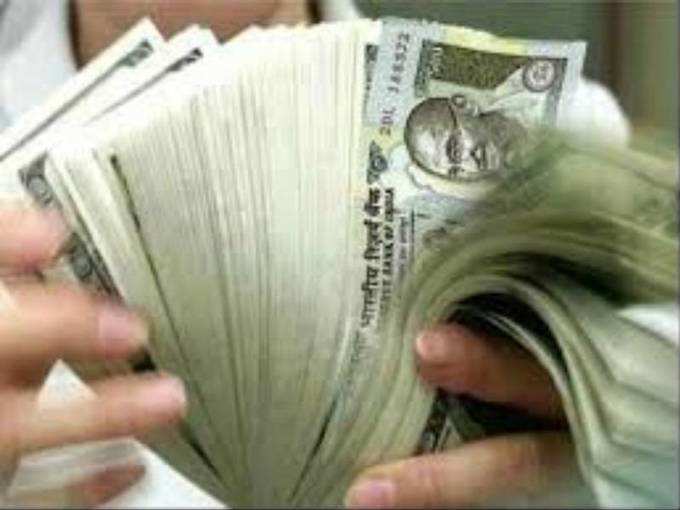 Investments in
Investments in BI India brings to you a list of recommendations made by industry experts that could give a push to the investments made by a
Include
According to Vikaas Sachdeva, CEO of Edelweiss Asset Management Ltd, the central government should include mutual funds in Section 54EC of the Income Tax Act.
“At present, Section 54EC of the Income Tax Act lists the cases in which capital gains tax from long-term assets (held for more than three years) need not be charged, if the gains are invested in certain specified areas. Currently, mutual funds are not included among these specified assets, which include bonds issued by National Bank for Agriculture and Rural Development (NABARD), National Highways Authroity of India and National Housing Bank among others,” said Sachdeva.
He further added, “This will allow the flow of long term money in the industry wherein open end equity funds would have subscriptions locked in for a reasonably long period of time.
Make debt fund dividends tax-free
Another pre-budget proposition includes that the Modi-led government should exempt debt fund dividends from taxes. “Retail investors would get more legroom if dividends from debt funds were made tax-free up to an investment amount of Rs 2 lakh. While dividends are not taxed for equity schemes, they are taxed in debt funds through a dividend distribution tax, usually 26% that a mutual fund company has to pay before distributing this income to its investors,” noted Sachdeva.
Sanction PPFs to invest in equities
People’s Provident Fund or PPFs have been one of the traditional fixed income instruments. The Ministry of Finance has already sanctioned PPFs to invest in equities; however, the proposal is yet to receive an approval from the labour ministry. “Making it mandatory to invest in equities, starting with passive instruments like
Disinvestments in ETFs
Experts have suggested that the government should consider 'democratizing' when it comes to the ownership of equity assets through ETFs for disinvestment. “Not only do ETFs allow flexibility in terms of structure, they are also acceptable to the retail investors as has been seen in the case of CPSE. ETFs provide multiple security layers, greater risk adjustment, and more market relevance and are more effective than a single stock. The enhanced participation create a delta of growth for the ETF industry,” Sachdeva added.
Industry players have also suggested that the BJP government, in the upcoming budget, should consider classifying fixed income ETFs as listed ‘debt securities’. According to the analysts, by doing so, the government will be encourage trading in multiple stock rather in the fixed income market. “Along with ETFs, the budget could also look at classifying exchange traded notes (ETNs) –debt securities liked to the return of a benchmark index – as listed debt securities,” averred Sachdeva.